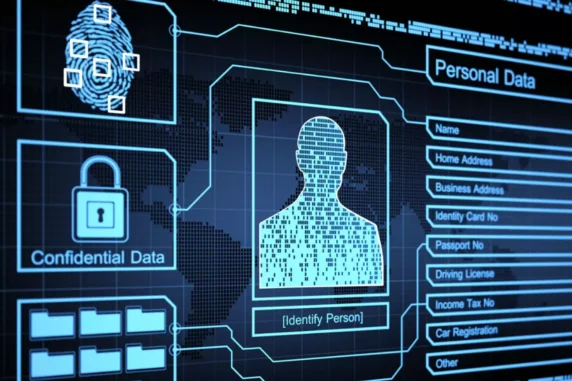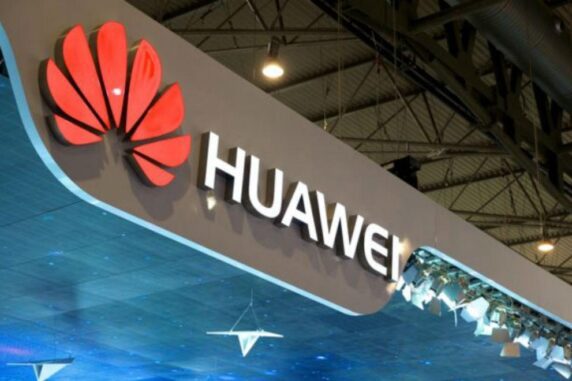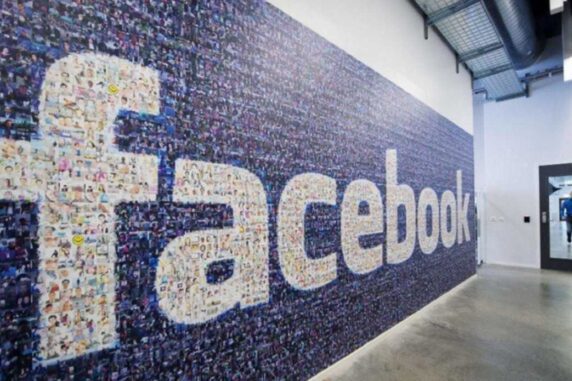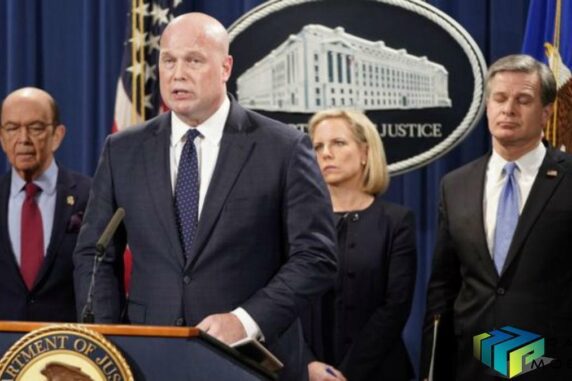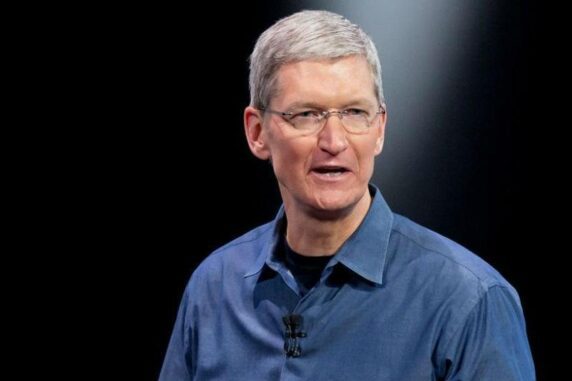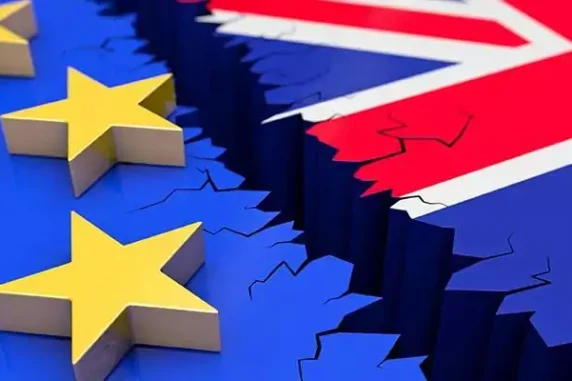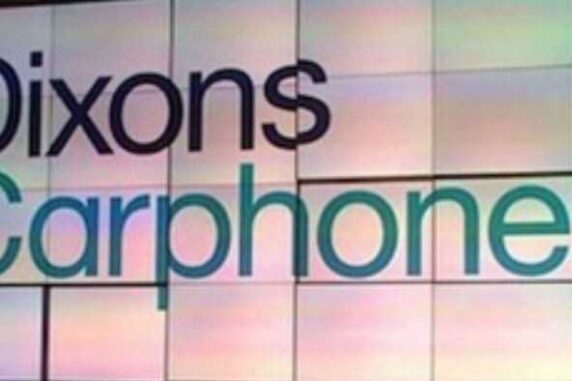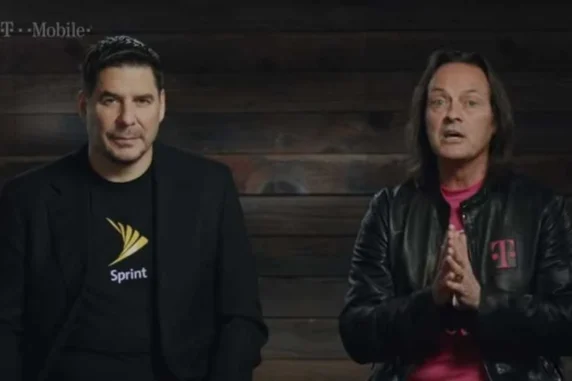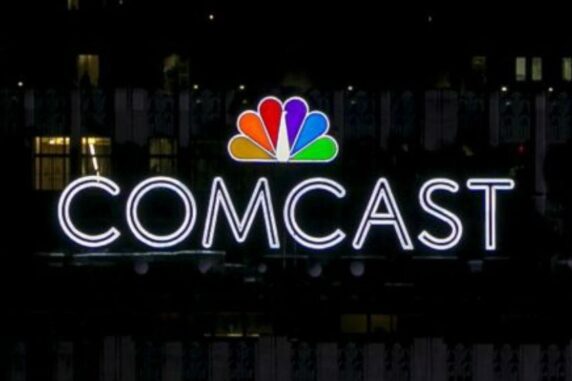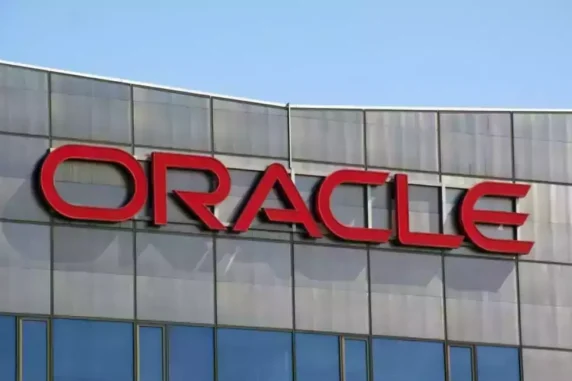Ofcom should be given new powers to regulate major tech companies like Google and Facebook, members of the House of Lords have argued, as tech platforms have failed to tackle harms and abuse in digital media.
Joined20 November 2013
Articles123
Huawei has filed a lawsuit against the United States government over a provision (Section 889) to the 2019 National Defense Authorization Act (NDAA) that effectively bans all US government agencies from using products manufactured by the company (as well as ZTE), over spying concerns.
Facebook is a “digital gangster” that violated its users’ privacy for profit, exploited its market power to kill or prefer businesses and has resisted scrutiny by governments around the world, a British parliamentary committee has found. UK MPs stated that Facebook needs far stricter regulation, with tough and urgent action necessary to end the spread of disinformation on its platform.
The US justice department has filed charges against Chinese company Huawei. A 13-count indictment was unsealed in New York charging Huawei, two of its affiliates and a senior executive at the company.
The charges include bank fraud, conspiracy to commit wire fraud, and violating the International Emergency Economic Powers Act.
Apple has cut its sales forecasts for the first time since 2002, blaming a sharper than expected economic slowdown in China. Shares in the company fell by 8pc after it revealed that iPhone sales were well below expectations in the final months of 2018.
The basis on which the UK will leave the EU has still to be decided but the Government has made clear that the General Data Protection Regulation (GDPR) will be absorbed into UK law at the point of exit, so there will be no substantive change to the rules that most organisations need to follow.
The Governments of the UK, US, Canada, Australia and New Zealand met in Australia on August 28 and 29, and have told the tech industry that they should be helping intelligence agencies by creating lawful access solutions to encrypted services, and warned that governments can always legislate if they don't.
·
The US Supreme Court ruled 5-4 on Friday that police must get a warrant in order to obtain your phone’s location data over an extended period of time. The decision is a major victory for privacy advocates, who have long argued that the law has failed to keep pace with the amount of intrusive data we voluntarily hand over to private companies.
Dixons Carphone has revealed details of an attempt by hackers to gain access to one of the processing systems of Currys PC World and Dixons Travel stores in July 2017. Dixons says the vast majority of the cards involved – 5.8 million – have chip and pin protection and attackers have not gained access to pin codes, CCV (card verification value) security numbers or any authentication data which could enable them to identify the cardholder or make purchases.
T-Mobile US and Sprint today announced they have entered into a definitive agreement to merge in an all-stock transaction at a fixed exchange ratio of 0.10256 T-Mobile shares for each Sprint share or the equivalent of 9.75 Sprint shares for each T-Mobile US share.
US cable operator Comcast has made a formal £22bn bid for Sky, the owner of Sky News, in a move likely to stoke a bidding war for the company. Comcast followed through on interest it registered back in February with an offer of £12.50 per share on Wednesday morning.
A US federal appeals court ruled Google violated copyright laws by using Oracle's software when developing its Android mobile platform. Judges for the U.S. Court of Appeals for the Federal Circuit ruled Google's unauthorized use of 37 packages of Oracle's open-source Java application programming interface, or API, was unfair as a matter of law.

